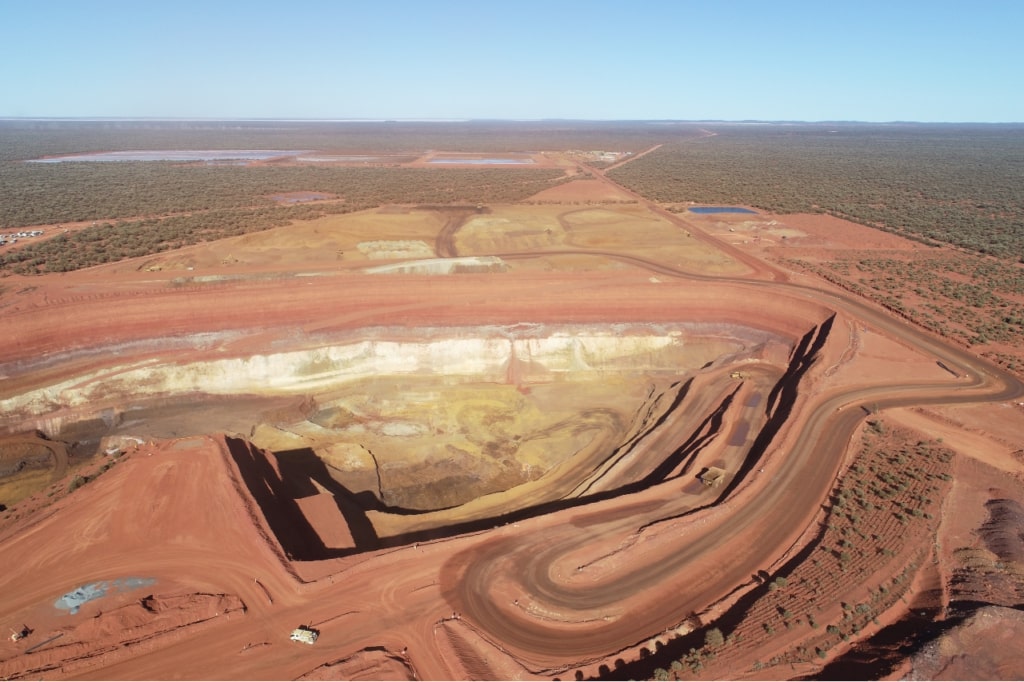Lynas’ Q2 revenue halves on falling prices, lower China demand

Australia’s Lynas Rare Earths said on Monday its second-quarter revenue fell sharply, missing analysts’ estimates, as prices plunged during a slowdown in construction activity in China, sending its shares to 30-month lows.
Rare earth prices during the quarter extended declines as demand in China, especially in the country’s appliance sector, fell with the construction downturn, said Lynas, the world’s largest producer of rare-earths outside China.
The miner said its sales fell 51.7% to A$112.5 million ($74.06 million) in the three months to Dec. 31, from A$232.7 million in the year-ago period. It missed Macquarie’s estimate of A$117.8 million.
“(The) major issue for the company at present is the commodity price trajectory and demand in China,” said analyst Dan Morgan of Barrenjoey.
“There wasn’t anything positive the company said on demand to change the prevailing market mood.”
Lynas said it has largely completed construction at its Kalgoorlie rare earths processing plant, which will also feed mixed rare earth carbonate to the new Lynas Seadrift facility in Texas serving the US Department of Defense (DoD).
Lynas has been upgrading its Malaysian processing facilities to increase separation capacity to 10,500 tons per year for neodymium and praseodymium, used in magnets in sectors from electrified transport to defence.
The firm halted all Malaysian operations, barring one, in mid-November.
Its expansion project at the Mt Weld mine in Western Australia remains on track, Lynas said, after a completed drilling program showed extensive rare-earth mineralization around the mine.
Lynas estimated March quarter production at around 1500 tons, above its previous estimate of around 900 tons.
Shares eased 3.4% to A$5.75 to hit their lowest since July 20, 2021, as of 0009 GMT.
Lynas raked in an average second-quarter selling price of A$28.70 per kilogram (kg) for its product range, sharply below the A$58.40 per kg last year.
($1 = 1.5191 Australian dollars)
(By Shivangi Lahiri, Rishav Chatterjee and Sneha Kumar; Editing by Richard Chang, Sherry Jacob-Phillips and Shri Navaratnam)
{{ commodity.name }}
{{ post.title }}
{{ post.date }}




Comments